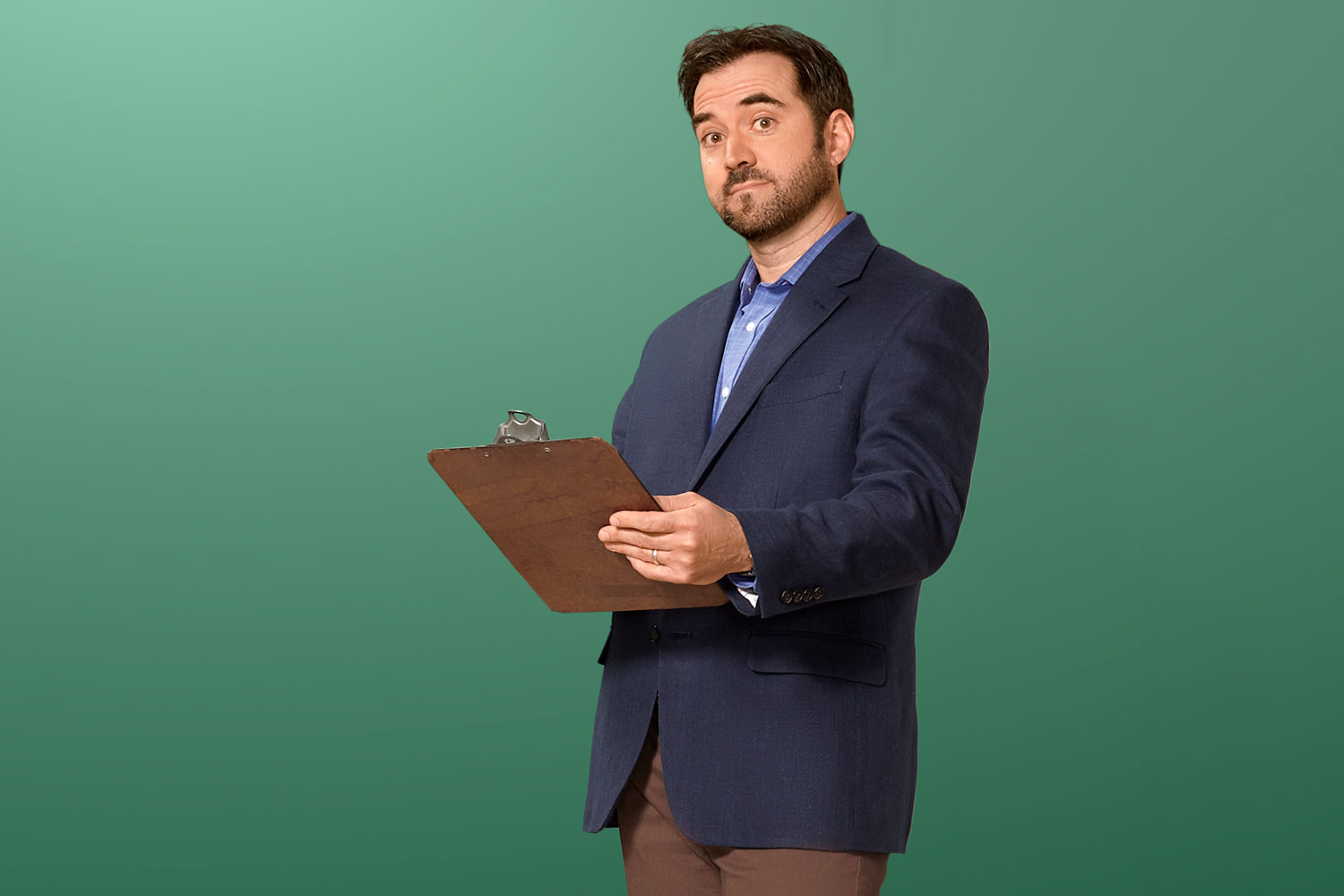Why don’t I have any memories of my early childhood?
Childhood or infantile amnesia — the inability of most adults to remember anything that happened before age 3 or 4 — does not mean we can’t form memories at age 3 or 4. We can remember all sorts of things at that age. The problem is that when we get older, we change who we are as a person, and we think so fundamentally differently that we don’t have the same retrieval cues we used to have. There is of course variability in how far back people can remember, maybe due to developmental differences, or it could be that some people had parents who spent more time going through photo albums.
Is photographic memory really a thing?
It’s rare, but there have been case studies recently of people who have — I wouldn’t call it photographic memory — the amazing ability to remember with great accuracy details about their lives. Some can be given a random date in the past and can tell you what happened in the news that day, even the weather. We don’t yet know what it is that separates these people from others. We do know that they seem to be fascinated by the calendar, rehearsing that information.
How come I can remember I’m angry at someone but can’t remember why?
There are specialized mechanisms in the brain that process emotional information differently than nonemotional information. The explicit memory can become separated from the emotional reaction, and you end up remembering the emotion.
Be straight with me, Doc: When will my memory start to go?
Longitudinal studies show measurable declines in performance tasks starting around age 30. Basically, you hit puberty, fully optimize in college, then it starts to go south. These changes are not all due to biological factors. They could be due to you being busier, getting less sleep.
So I peaked in my 20s? Is it too late to do anything to stem the decline?
First and foremost, realize that the brain is part of the body, and maintaining your physical self is essential. Cardiovascular health in particular is tied to the function of the brain. Feed your brain plenty of oxygen, reduce stress. Getting sleep is a huge one. Socialization and staying busy are important too, especially when aging. Mental activity is a protective factor against developing Alzheimer’s.




